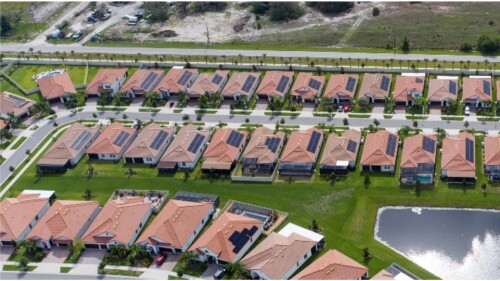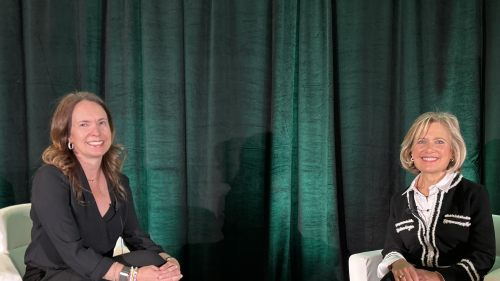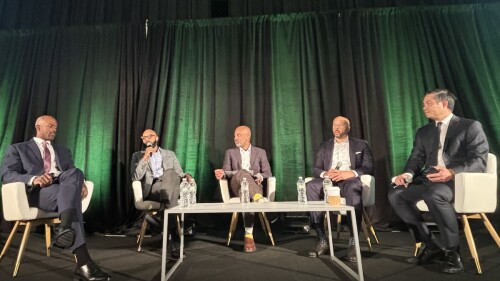The Joint Development Program of the Washington Metropolitan Area Transit Authority (WMATA) was established to monetize surplus property originally acquired for construction of the 106-mile (171-km), 86-station Metrorail system. Most projects handled under the program result from the conversion of surface parking lots to structured parking, freeing land adjacent to a Metro station that private developers can turn into housing, retail space, or offices.
Joint development increases transit ridership, provides funds to reinvest in the system, and puts land back on the tax rolls. In its 30-year history, Metro has participated in over 65 joint development projects in the District of Columbia, Maryland, and Virginia.
As Metro prepares to develop over 35 million square feet (3.3 million sq m) of mixed-use opportunities in the Washington, D.C., metropolitan region, important changes to the program are being made to streamline the process, making it more developer friendly and market sensitive. Among these changes, Metro is doing the following:
• Moving away from a request-for proposals process and toward request-for-qualifications process for large sites that present many unresolved planning issues. The latter enables Metro to select a developer based on qualifications and financial capability; then both Metro and the chosen developer can master plan the site collectively with the local jurisdiction. Only after a final plan is established is the site valued, based on three appraisals.
• Addressing the most critical deal killer in transit-oriented development: the dreaded commuter parking deck. Metro is working with leading developers and parking consultants to consider less than one-to-one replacement of parking-lot spaces at the new development and use of off-site park-and-ride sites, shared parking, and modified construction specifications, consistent with best practices in the private sector.
• Holding discussions with the Federal Transit Authority (FTA) about a national pilot project to allow “synthetic joint ventures.” In this type of transaction structure, Metro would forgo a portion of the fixed ground rent in exchange for some of the upside—after return of interest on invested capital, return of capital, and achievement of a mutually predetermined internal rate of return to the developer.
• Considering allowing developers to deposit escrow funds to hire dedicated outside legal counsel and project management staff to expedite joint development agreements and project coordination within the WMATA.
• Evaluating the sale of air rights, particularly in locations where land values justify the costs of construction of a development platform over Metro tracks or stations.
• Working closely with the U.S. General Services Administration (GSA) to develop a national policy on locating federal buildings within a half-mile (0.8-km) radius of mass transit facilities and preleasing of selected Metro sites to the GSA.
Metro understands that development of its land offers benefits for both its own operations and the region as a whole, and is looking forward to forming partnerships to realize those opportunities.




